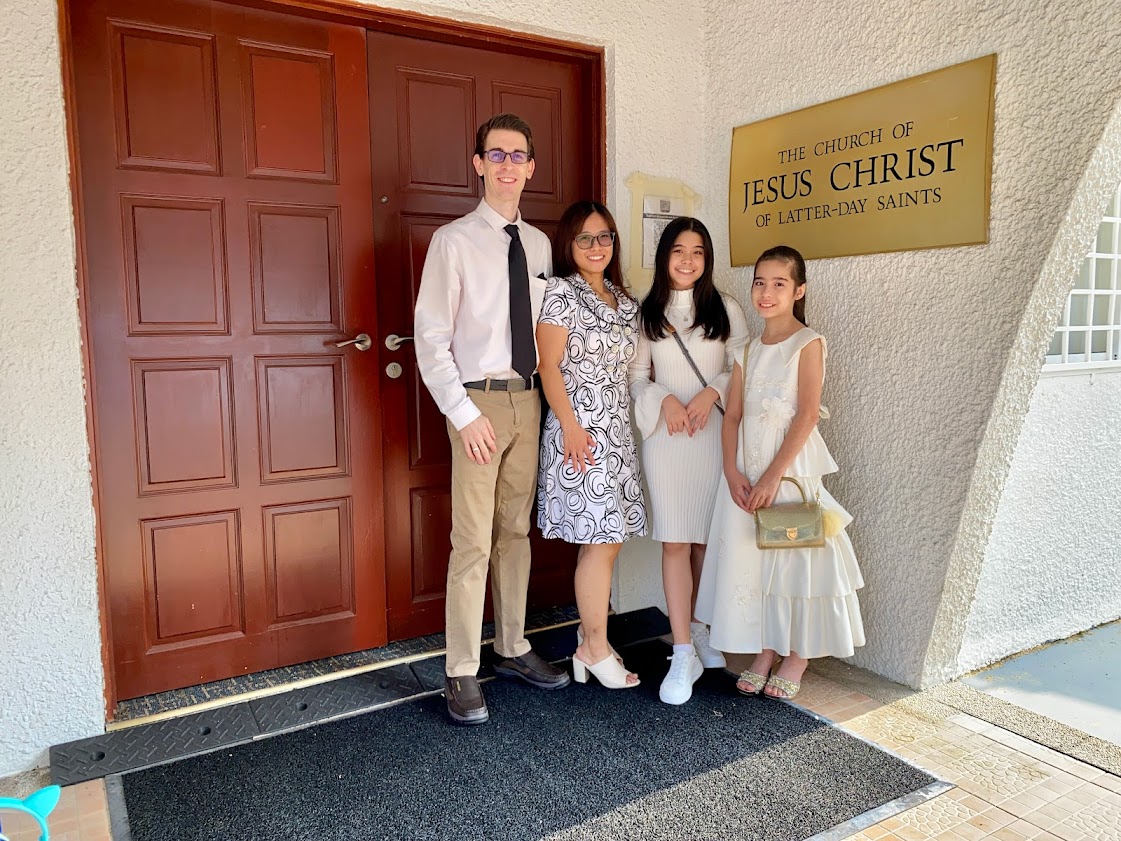In a recent facebook exchange of verbal jousting, opinions were shared without concentration about spiritual matters. These opinions were about as opposite as black and white. At the end of the day, we may agree to disagree, knowing that each of us are different characters with varying modes of thought and capacity for understanding.
Opinion can be a beautiful thing, but at the same time, highly dangerous.
I feel we sometimes get a little too deeply entrenched in the easy way out of saying: "well, that's just my opinion," or "we all have different opinions and they are all equally important." These little phrases sound pleasant and friendly, but what are they really saying?
They are saying that we can come to different conclusions based on the exact same body of evidence.
In a sporting example, I'm a die-hard fan of Roger Federer. His statistics and body of work compared to other players leave me with no doubt that he is the greatest player of all time. Novak Djokovic supporters will ardently disagree with me, however, based on the exact same statistics.
It is a similar situation with the Mormon church. Faithful Mormons testify that the church is true while others, referring to the same facts and history, proclaim it a fraud.
What is opinion but influenced thought?
Does opinion matter? Is it even relevant? What is opinion but influenced thought?
While thinking deeply about these things, in the bathroom, as I often do, I began the usual method of talking to myself in my head. I find that the greatest discussions, the most analytical thoughts I have ever had have occurred in the chambers of my own mind.
And so I began thinking. What is opinion but influenced thought?
But what do I really think about God? About life? About the prospect of eternity?
I soon realised that all of my thoughts on these topics were highly, no, completely influenced by religion. Everything I think about these things come from what I have learned from religion.
What if I could make religion disappear? What if I could put it to one side and see what I thought, independent of all other influencing factors. If I could just float in empty thoughts in a kind of meditative state where there was nothing but me.
What would I believe? What would I think?
It is a potentially powerful, empowering, or yet destructive scenario to imagine. It deals with who we are. Where did we come from? What is the origin of the human soul?
It revolves around the idea of an absolute truth. One source of truth that is consistent through all space and time. Whether it is the natural order of the universe, an unimaginable intelligence, or a god-like figure of supreme knowledge, we are continually looking upwards for something. We are truth-seekers. Telling the truth is prized higher than gold. Some of us seek to hide and obscure truth; some seek to uncover and expose truth. We all have different opinions on what the truth entails.
The problem, I have come to consider, is when we forcefully wage our opinion as the ultimate truth, unwilling to examine an alternative trail of thought. I have unfortunately been guilty of this at times and I am straining with great effort to open up my own horizons to new perspectives.
I am trying to figure out what I actually believe independent of all other influences, including the religious influence that has so strongly permeated my life.
It seems to be the quest of a lifetime.
